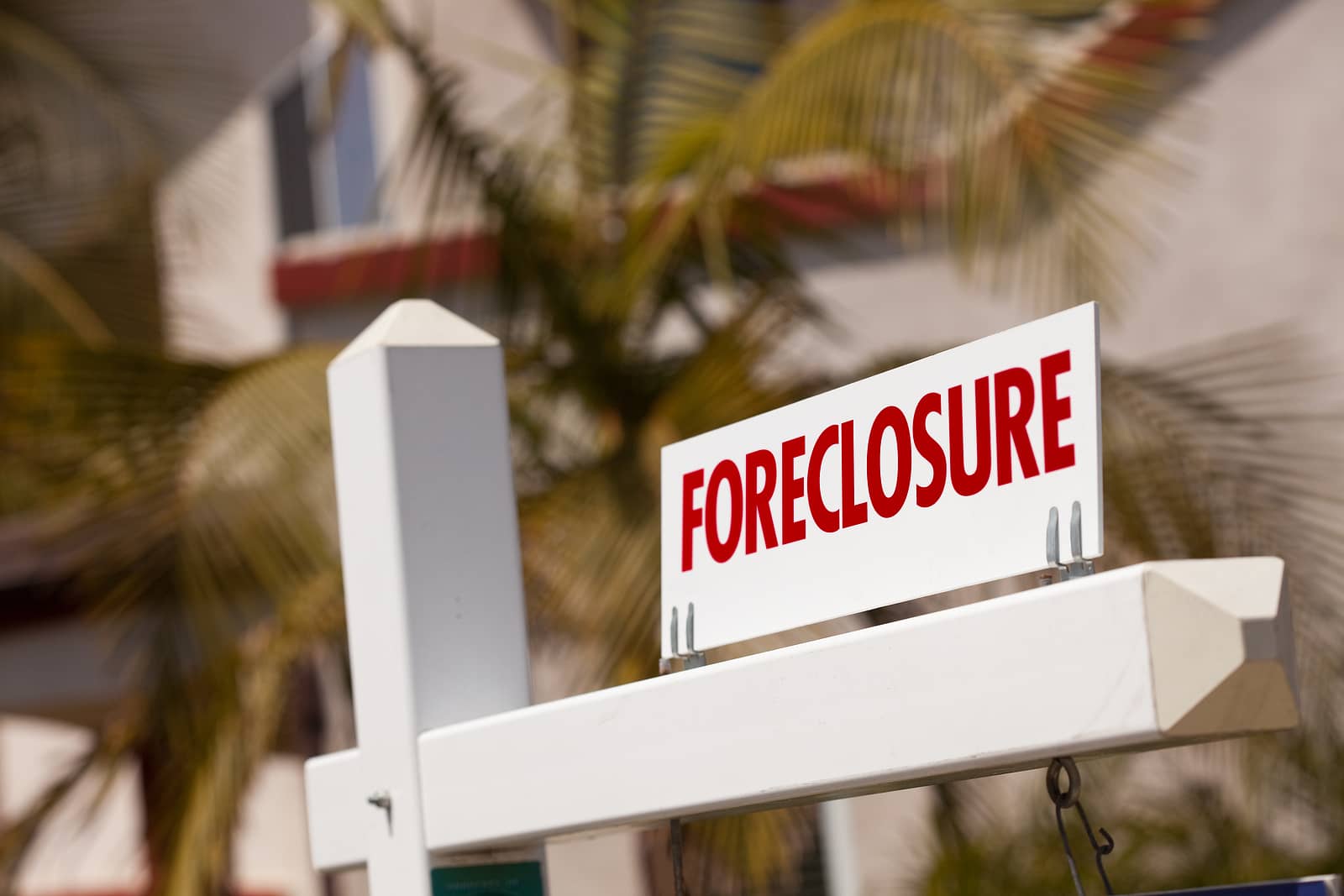The 2021 housing market broke a lot of records across the country. Rural and urban cities reported unprecedented numbers on high-priced sales, days in the market, and low inventories. Although we are seeing the light at the end of the pandemic, the Canadian housing market for 2022 remains strong. There continues to be a lot of unmet housing demands and Canada is set to meet its soaring immigration targets for the year which will fuel more housing needs.
The Toronto Regional Real Estate Board forecasts an increase of 12 per cent on the average selling price for all home types or around $1,225,000 per home. This is despite the prospect of several interest rate hikes by the Bank of Canada due to the labour market and population growth.
As more and more Ontario borrowers/homeowners are seeking mortgage financing to take advantage of such a robust housing market, questions arise as to which type of lender may be the most suitable based on a borrower’s/homeowner’s creditworthiness and household income. Questions are also raised as to what lending options are open to those with damaged credit.
If an Ontario homeowner is facing major financial challenges that lead him to fall into arrears with his monthly mortgage payments, a power of sale may be imminent. Just as there are plenty of lending options for Ontario homeowners looking for second mortgage financing or borrowers looking for a first mortgage on a home, there are ways to stop the power of sale on an Ontario property. Just as lenders want to avoid a property going under the power of sale, an Ontario homeowner should also do all that is possible to try to stop a power of sale on their valued home.
Power of Sale – What Does it Involve?
In Ontario, processes are available for traditional and private lenders to get back their mortgage funds in the unlikely scenario that a borrower falls behind on payments. Two methods are utilized by lenders to handle mortgage default. Foreclosure and Power of Sale. In Ontario, power of sale is by far the most utilized method lenders will use when a property goes into default.
What is Power of Sale? In this default process, the lender is taking the right to sell the property. The lender has been given the power to sell a home or property. In the event of Power of Sale, the homeowner still owns the home, but the lender now has the legal right to sell it.
Once a property owner falls behind in monthly mortgage payments or fails to meet other mortgage terms, the homeowner has fallen into default. A lender can now legally take possession of the property and attempt to sell it. Power of sale does follow distinct steps.

A lender must:
- Allow for 15 days – Once a borrower has fallen into arrears, the Ontario Mortgage Act requires that the lender allows 15 days for the borrower to try to rectify the situation before the lender—traditional or private— can exercise the power of sale.
- Send a Notice of Sale to Borrower – Once 15 days have passed and arrears have not been rectified, a lender is now entitled to send a letter to the homeowner. This letter is referred to as a Notice of Sale. The notice of sale letter will specify that the borrower has gone into default and that the borrower has a redemption period to try to rectify the situation by making up any missed payments or meeting the term of the contract that had not been met.
- Lender Will Issue a Statement of Claim – If the borrower does not pay what is due by the end of the redemption period, the lender has the legal right to issue what is called a Statement of Claim to address the debt owning and take possession of the property.
- Lender Can Apply to Take Possession of the Property – After the Statement of Claim has been issued and the borrower has neither paid off the entire mortgage loan plus legal fees nor put the mortgage in good standing, the lender is now in the position to request permission from a judge to take possession of the property and take legal steps to evict by asking the court for a Writ of Possession. The current owners will later be asked to vacate the property at a specified date. If they do not leave voluntarily, then they may be forcibly removed by the authorities from the property.
- Take Steps to Sell the Property – In this final step of the power of sale proceedings the lender can legally possess the property and attempt to sell the property in the condition it is currently in. The fees will be the responsibility of the previous owner and can be very substantial. The profit will go to the former homeowner but will be considerably reduced through the enormous costs associated with a power of sale.
Ways to Stop Power of Sale
Ontario homeowners must be clear that there is the time involved in the power of sale process. Power of sale tends to take about 6 months from a Notice of Sale to a lender taking possession of your property. This time is very valuable. It allows for several options to try to stop the power of sale including:
- Attempt to sell the house before the lender takes final possession – There are buyers in Ontario who will be able to buy your property in the current state that it’s in. By looking at the current appraisal on your property, assessing comparable in your area, your house can be bought at market value with a discount. This will prevent the possibility of paying exorbitant costs involved with a power of sale which can run up to 30,000 dollars and you will not be on the hook for renovation costs or fix up as the property will be sold as-is.
- Obtain a second mortgage on your property – By taking out an additional mortgage on your current property a property owner will have access to funds to pay off any arrears and cover the monthly mortgage payments comfortably. By tapping into existing equity in your home, power of sale can be avoided. If you pay this second mortgage on time and in full, then your credit score will also increase as a result.
- Take out a new primary mortgage– There is also the possibility of taking out a new mortgage to replace the current mortgage that may be in default. There are well-established private lenders throughout Ontario that will assess the Loan-To-Value (LTV) on your property by assessing a recent assessment. A private lender will lend out up to 75% LTV (which represents 75% of the value of the property) and will need to see 25% equity existing in your property to loan out a primary or secondary mortgage on your property. Both first and second mortgage options will help to stop an imminent power of sale on your home.
Mortgage Broker Store Can Help Stop a Power of Sale on Your home
Mortgage Broker Store is well experienced and has specialized knowledge in the power of sale process as well as methods to stop a power of sale. With access to a broad network of private lenders in your area who can negotiate primary and secondary private mortgage financing, we will be able to help you pay off arrears, legal fees and most importantly help you keep your value home. If you’d like a free consultation on your situation, you can call 416-499-2122 or email ron@mortgagebrokerstore.com, and we will get back to you the same business day.
- Stop Power of Sale and Foreclosure in Ajax
- Stop Power of Sale and Foreclosure in Aurora
- Stop Power of Sale and Foreclosure in Barrie
- Stop Power of Sale and Foreclosure in Belleville
- Stop Power of Sale and Foreclosure in Bolton
- Stop Power of Sale and Foreclosure in Bradford
- Stop Power of Sale and Foreclosure in Brampton
- Stop Power of Sale and Foreclosure in Brantford
- Stop Power of Sale and Foreclosure in Brockville
- Stop Power of Sale and Foreclosure in Burlington
- Stop Power of Sale and Foreclosure in Chatham
- Stop Power of Sale and Foreclosure in Guelph
- Stop Power of Sale and Foreclosure in Hamilton
- Stop Power of Sale and Foreclosure in Kingston
- Stop Power of Sale and Foreclosure in Markham
- Stop Power of Sale and Foreclosure in Mississauga
- Stop Power of Sale and Foreclosure in Newmarket
- Stop Power of Sale and Foreclosure in Oakville
- Stop Power of Sale Home and Cottage in Ontario
- Stop Power of Sale and Foreclosure in Orillia
- Stop Power of Sale and Foreclosure in Oshawa
- Stop Power of Sale and Foreclosure in Ottawa
- Stop Power of Sale and Foreclosure in Peterborough
- Stop Power of Sale and Foreclosure in Pickering
- Stop Power of Sale and Foreclosure in Richmond Hill
- Stop Power of Sale and Foreclosure in Sault Ste. Marie
- Stop Power of Sale and Foreclosure in Niagara Falls and St. Catharines
- Stop Power of Sale and Foreclosure in Stratford
- Stop Power of Sale and Foreclosure in Toronto
- Stop Power of Sale Condos in Toronto
- Stop Power of Sale and Foreclosure in Trenton
- Stop Power of Sale and Foreclosure in Vaughan
- Stop Power of Sale and Foreclosure in Welland
- Stop Power of Sale and Foreclosure in Windsor
- Stop Power of Sale and Foreclosure in Whitby

